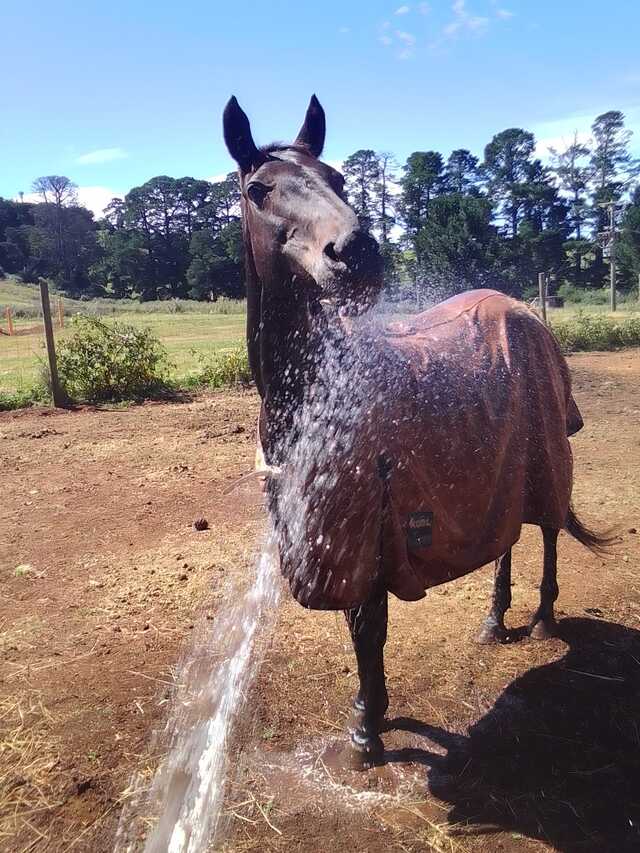Easter is a great time to come together, relax and celebrate with the ones you love (including the four-legged family).
You might have given gifts, prepared a delicious meal or an Easter egg hunt, but as a pet parent, extra vigilance is necessary to keep pets happy and healthy.
We all know that chocolate isn’t good for dogs but it is so easy at Easter to leave chocolate in areas accessible to pets; it’s not just dogs to be wary of; some cats will eat chocolate too.
Theobrome and caffeine are both in chocolate and cocoa products and are toxic to cats and dogs. If your pet is exhibiting the following symptoms, they may be suffering from chocolate toxicity: Vomiting/diarrhoea, accelerated heart rate, restlessness and twitching, muscle rigidity and seizures.
Hot cross buns are a much-loved Easter favourite but did you know that they may pose a risk to your pet’s health? Sultanas, raisins or currants, found in most hot cross buns, can be toxic to dogs and cause acute kidney failure in dogs.
If you notice a missing hot-cross bun, the symptoms of toxicity to watch for are: vomiting, diarrhoea, decreased urine production, weakness, and loss of appetite.
Some other foods to keep away from your pet include onion, garlic, macadamia nuts and mushrooms. If you find your pet has consumed any of these foods, we recommend you keep a close eye on your pet, and if they are displaying any of the mentioned symptoms, call your vet asap. There is a window of approximately 15 to 60 minutes after ingestion that a veterinarian may be able to flush the chocolate from a dog’s stomach successfully.
From all of us at Animal Aid, we hope you had a Happy Easter and hope you enjoyed some well-earned rest.
















